Lawyers for Israeli technology company Emblaze told a federal jury this week that Apple has induced sports leagues and TV networks, including MLB and ESPN, to infringe Emblaze's patents by forcing them to use Apple's allegedly infringing HLS technology for streaming live video to iOS devices.
The accusation came in an opening statement by Emblaze attorney Martin Pavane, as relayed by Bloomberg, on the first day of a trial that has been in the works for more than four years. Emblaze first sued Apple in 2010, alleging that HLS — Apple's own streaming video protocol — infringes on Emblaze's U.S. Patent No. 6,389,473 for a similar system to stream video over computer networks.
HLS, or HTTP Live Streaming, is a protocol introduced alongside iOS 3.0 and used primarily for streaming video to iOS devices over an HTTP connection. Broadly speaking, HLS works by slicing a live video stream into a series of individually downloadable files and allowing clients to download those files in a variety of bitrates, depending upon the network conditions.
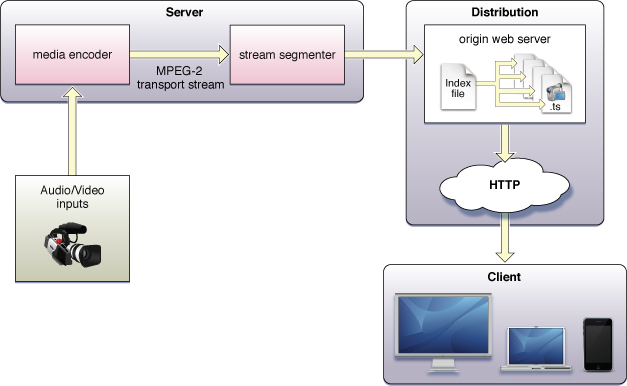 Illustration of HLS content flow from input to end user. | Source: Apple's iOS Developer Library
Illustration of HLS content flow from input to end user. | Source: Apple's iOS Developer LibraryEmblaze argues that this is essentially the same process covered in its patent, which predates Apple's HLS by more than 10 years. "Apple's HLS is nothing more than Emblaze's patented solution under a different name," Pavane told the court.
Apple counsel Mark Fowler fired back by painting Emblaze as a failed technology innovator now attempting to profit from patents. Emblaze is "trying to make up for that lack of success in the courtroom," Fowler said.
The case has been stalled and restarted a number of times — most recently pending the outcome of a related Supreme Court case involving Apple CDN partner Akamai — but the trial is scheduled to last some two weeks now that it is finally underway. Emblaze is also suing Microsoft for infringing the same patent in Windows 7, with that case awaiting the resolution of Emblaze's litigation with Apple.
 Sam Oliver
Sam Oliver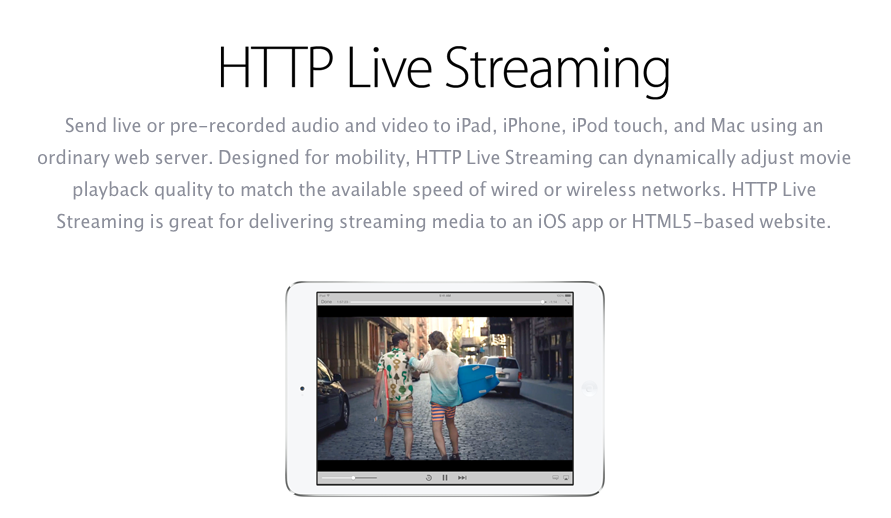
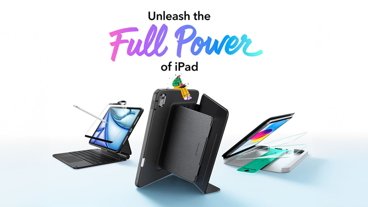

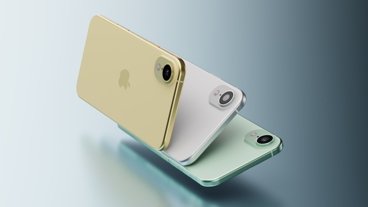
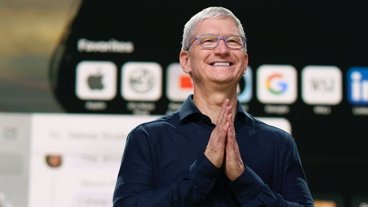
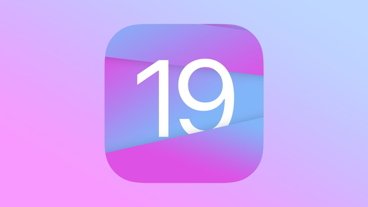



 Malcolm Owen
Malcolm Owen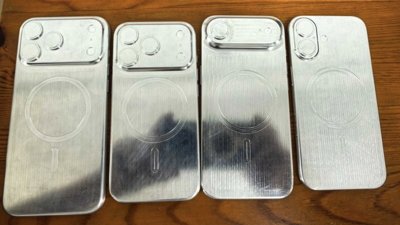
 Charles Martin
Charles Martin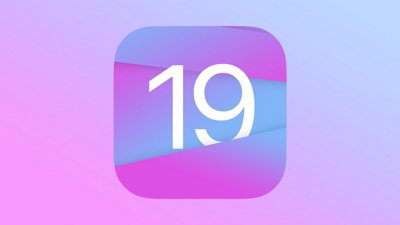
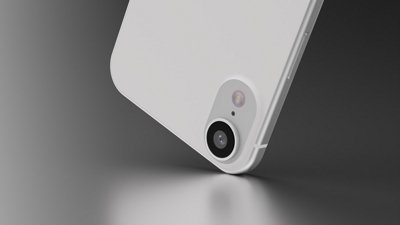
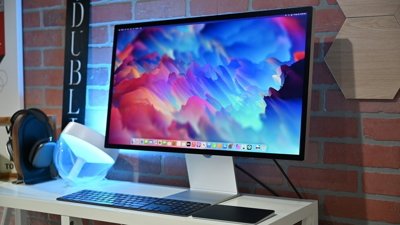
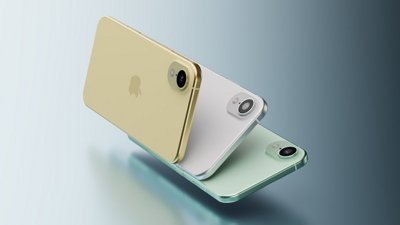
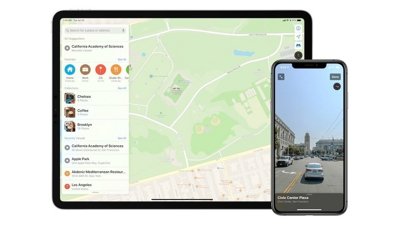
 William Gallagher
William Gallagher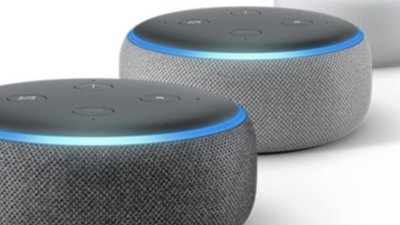
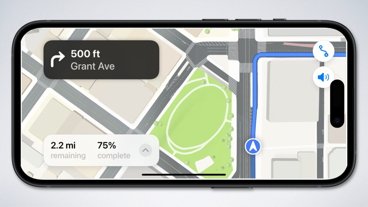
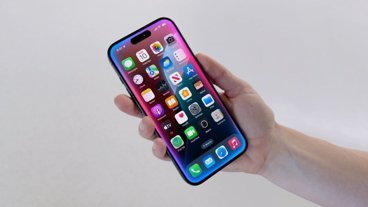






13 Comments
I thought
The fact that Emblaze claims to have invented the basic technology ten years prior to Apple's HLS implementation.
Even if other companies have adopted Apple's HLS standard, their actions don't suspend intellectual property ownership (that's what Emblaze is claiming).
In a similar way, if you are pulled over by the cops for speeding, the excuse of "well other people are speeding too" doesn't make you innocent. You are still violating the speed limit.
Of course, it's too early to say if Emblaze has any valid claim to this technology or if they are just patent trolls. It's up to the legal system to decide that.
In a similar way, if you are pulled over by the cops for speeding, the excuse of "well other people are speeding too" doesn't make you innocent. You are still violating the speed limit.
There is one huge difference though -- Apple is providing the technology for others to use. This would be like getting pulled over by the cops for speeding because the taxi driver you hired is speeding.
Perhaps the speeding analogy wasn't the best choice to illustrate this subject. Intellectual property law is a bit more complicated than the vehicle code.
In any case, the fact that Apple is encouraging others to use the technology does not give intellectual property ownership to Apple.
I'm definitely not saying current patent law is ideal, but that's the way it stands right now. Emblaze is now claiming that this idea is theirs and was patented earlier.
Perhaps the speeding analogy wasn't the best choice to illustrate this subject. Intellectual property law is a bit more complicated than the vehicle code.
In any case, the fact that Apple is encouraging others to use the technology does not give intellectual property ownership to Apple.
I'm definitely not saying current patent law is ideal, but that's the way it stands right now. Emblaze is now claiming that this idea is theirs and was patented earlier.
Except for one thing... didn't QuickTime have this functionality a lot earlier? Obviously the implementation or design of Emblaze's patent would have to be completely and utterly different to what has previously existed but I'm sure Apple could claim prior art on this one.